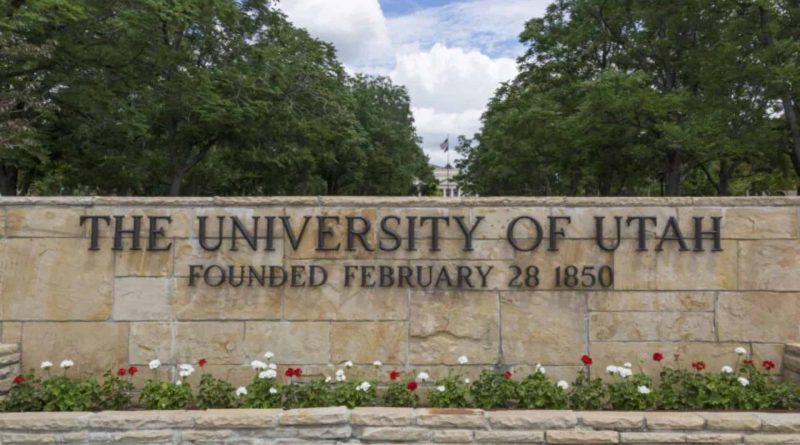Taking Action Against Sexual Assault: University of Utah Halts Greek Life Activities
In response to reports of sexual assault, the University of Utah has decided to halt all fraternity and sorority activities. This decision came after a second student stepped forward to report a sexual assault incident that occurred at a fraternity house affiliated with the university.
The announcement was made by Vice President of Student Affairs Lori McDonald and Dean of Students Jason Ramirez in a letter addressed to the campus community. They explained that the university had previously issued a campus safety notification regarding a sexual assault incident at one of its fraternity houses, prompting a review based on the Clery Act. Subsequently, the university received an anonymous report concerning another sexual assault incident at a different fraternity house dating back to early December.
In light of these reports, all social activities within the university’s fraternity and sorority chapters have been suspended for two weeks. While philanthropic and business operations may continue within the chapter houses, social gatherings are prohibited.
University leadership intends to convene with Greek life leaders to address the incidents, evaluate organizational culture, and outline strategies for enhancing community safety, accountability, and transparency.
Fraternities and sororities, which have been part of the campus for over a century, are expected to contribute positively to the campus community by fostering leadership, service, and community engagement among their members.
Recent safety alerts and discussions on social media platforms have highlighted the prevalence of sexual assault in Greek life. Students have expressed a desire for open dialogue and tangible actions to combat sexual violence.
In response, the university’s McCluskey Center for Violence Prevention is facilitating dialogues with sororities and fraternities to address power dynamics and misconceptions related to relationship and sexual violence. These sessions empower students to enact meaningful change within their chapters and the broader Greek community.
It’s emphasized that the onus of creating a safer environment should not solely rest on survivors. Efforts to change the culture of Greek life and the wider campus community must involve accountability and education targeting those perpetrating harm.
Support services, including confidential victim-survivor advocates and crisis support specialists, are available for students, faculty, and staff in need.
McDonald and Ramirez reaffirm their support for survivors, emphasizing that victims of sexual assault are not at fault and encouraging individuals to utilize available resources for assistance.

